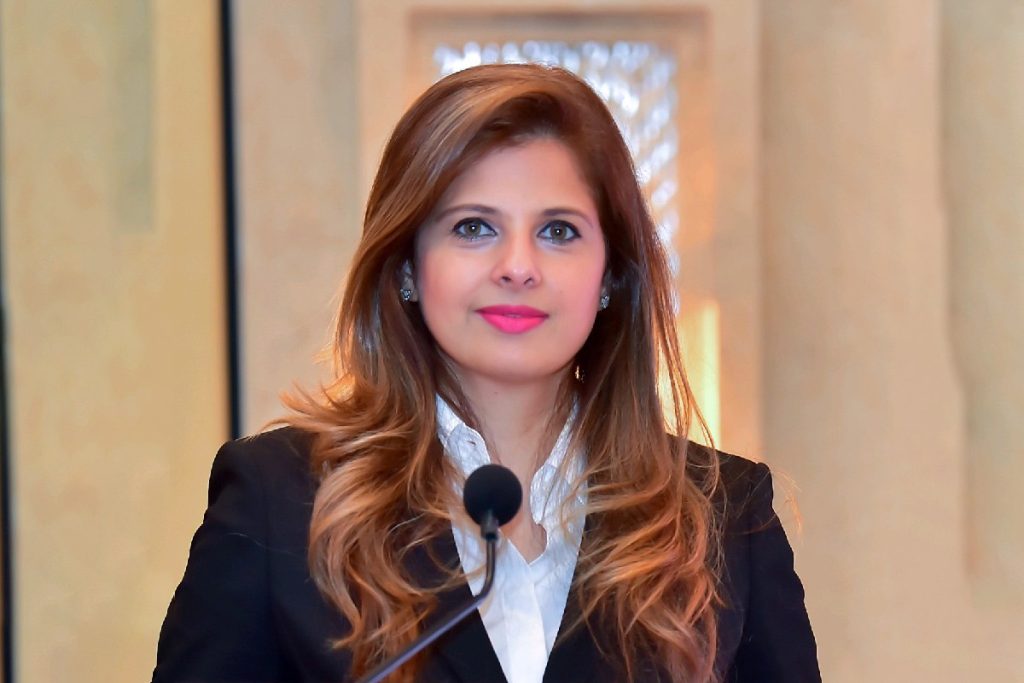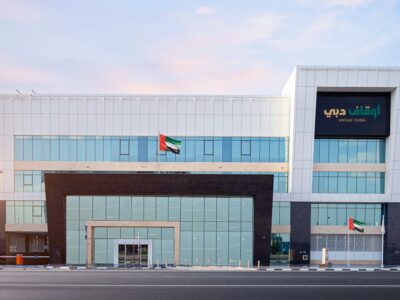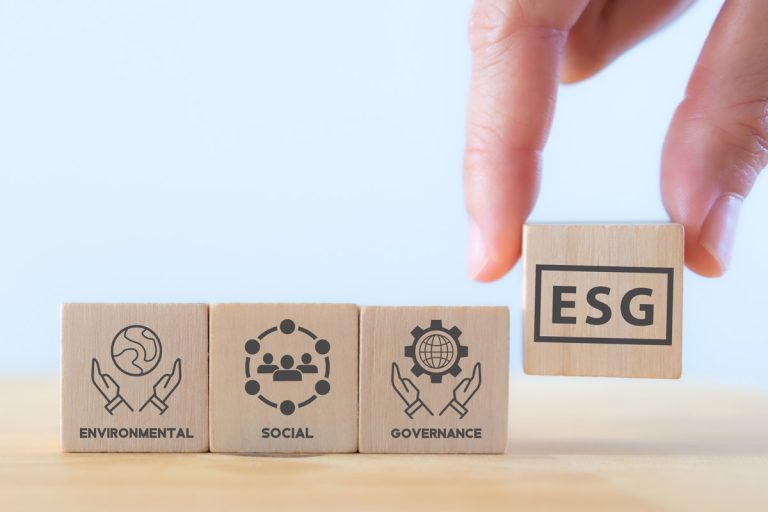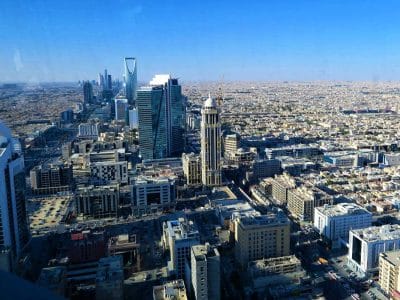While the global business community had previously mainly addressed the environmental elements of ESG goals, coronavirus has thrust the social and governance aspects of sustainability into the spotlight, speakers at Expo 2020’s Global Goals Business Forum panel, Financing the 2030 Agenda, agreed.
The pandemic heightened awareness on the value of human life and the right to live in dignity as outlined in the United Nation’s 17 sustainable development goals (SDGs), to be globally realised by 2030.
“Because of covid-19, there has been more emphasis on the S in SDG. The social emphasis is growing because from corporates to individuals, we’re all very much focused on the human and that’s something that’s been really positive,” said Zahara Malik, cofounder & CEO, Grosvenor Capital.
In agreement with Malik, Sarah Usmani, managing director head, sustainability finance asset & project finance, First Abu Dhabi Bank (FAB) said: “Post coronavirus, the S has become very important. The green aspect has always been very well understood but now the emphasis is more on the social as well as the governance side because there’s a huge amount of pressure from investors for corporates and sovereigns towards ESG reporting.”
“That is really the first step because if you start integrating ESG into your reporting process, then you are conscious about delivering on those SDG targets as well. On the social side again, we’ve seen all the vaccine drives that are happening, for example, and even the fact that a lot of companies are incorporating KPIs which are linked to gender equality within their organisations, these are all steps in the right direction,” she continued.
Historically reliant on fossil fuels, regional governments have taken several steps towards realising SDGs, with the UAE setting its own green agenda for 2030 and a clean energy strategy for 2050.

“When you speak about the environment, the region’s GDP has been dependent on fossil fuels and it’s not something that you can easily switch away from. So the way it is going to happen is that it’s going to be a transition towards clean energy and it’s going to be a journey that we will need to be on. I think that’s where I see a lot of momentum in terms of, clean energy, or SDG, seven, on affordable and clean energy,” said Usmani.
“That’s very evident from the projects that are emerging in the region in the solar space and energy efficient buildings. But at the same time, from the other projects that are coming up such as green hydrogen which is something that is going to play a huge role in the mobility sector, for example and that will help the transition of region,” she continued.
Hydrogen demand, by 2025, is set to skyrocket to 650 million tons annually from 72 tons per year currently, the Organisation of Arab Petroleum Exporting Countries has predicted.

What is still needed to drive capital towards the UAE’s realisation of SDGs is a more meaningful collaboration with the private sector, panellists agreed.
“There has to be that real synergy between governments and the private sector, so the actual essence of what PPPs should be. There are certain things that governments can do such as carbon tax that can generate revenue, and then investors feel reassured that governments have actually put in place key policies that will allow them to invest their capital in partnership properly with governments,” said Malik.
“The capital is there but it’s about aligning the key stakeholders to be able to achieve the targets. So it does have to be a top down approach to create something universal and I think we’re getting there, but there are still a few key calls to be made,” she continued.
Usmani emphasised the role financiers play in driving SDGs by essentially putting their money where their mouth is and “encouraging or discouraging certain types of activities,” said Usmani.
“If the financing community gets together and starts financing projects which will result in a better or sustainable future, then that’s how you also channel investors. I think there’s still a lot to be done in this space and I think a lot of organisations are still sitting on their feet but there are clearly a few leaders in this space,” she continued listing Majid Al-Futtaim, for which FAB launched its inaugural corporate Green Sukuk for in 2019, as an example.








